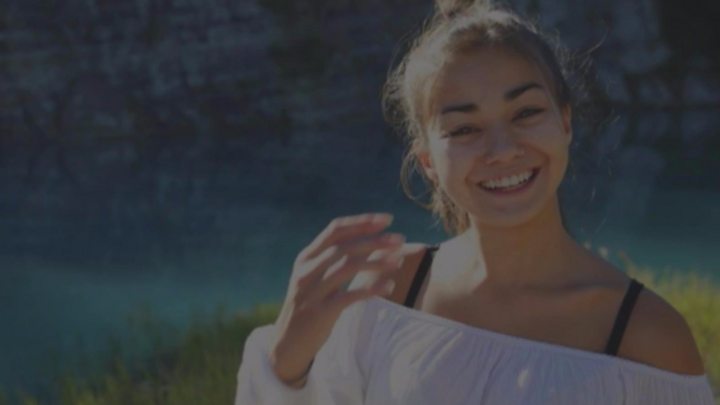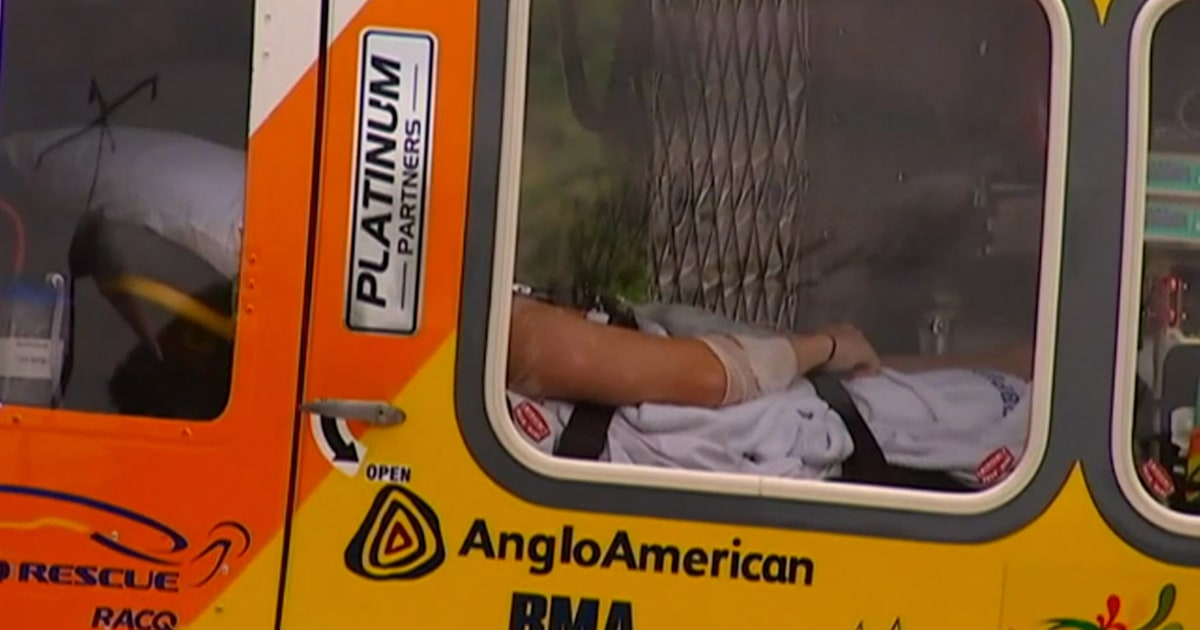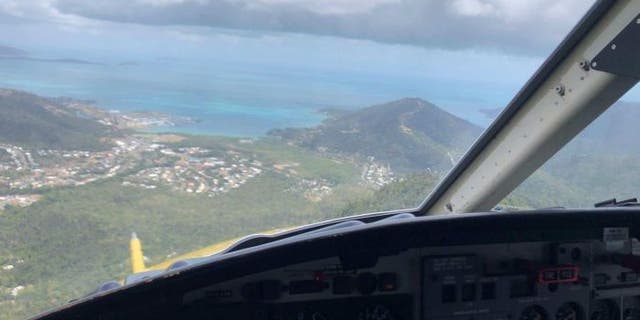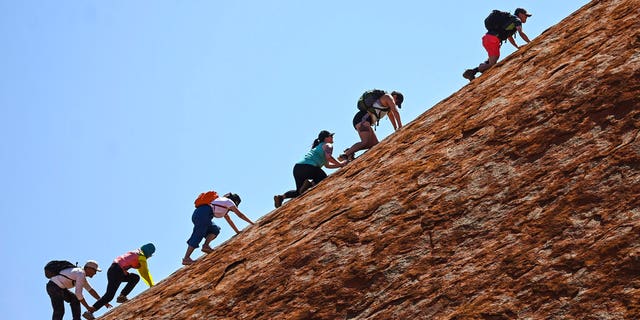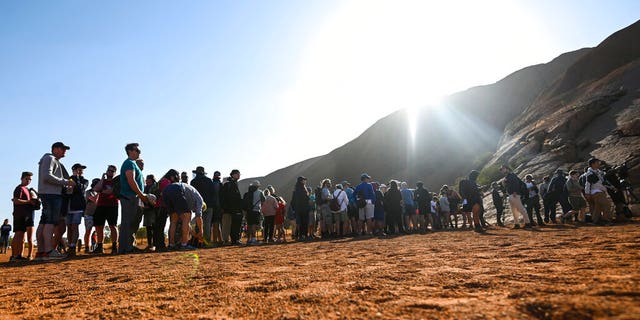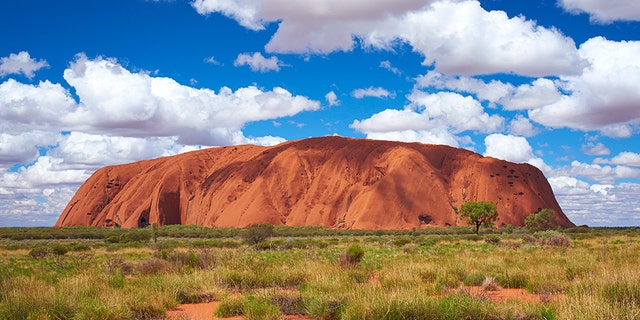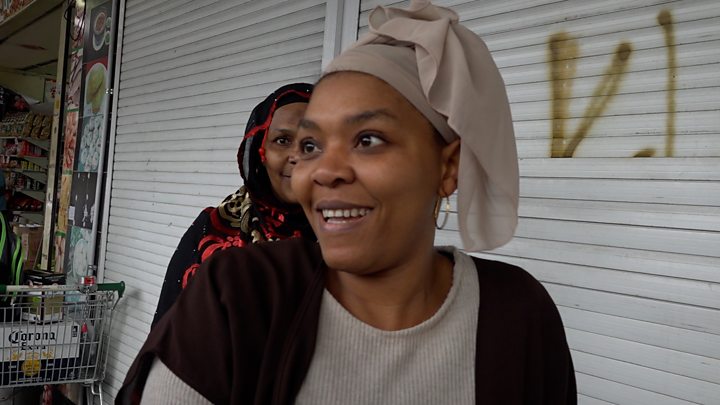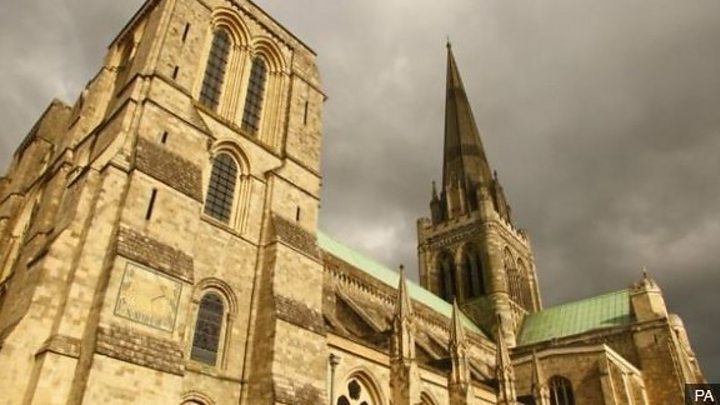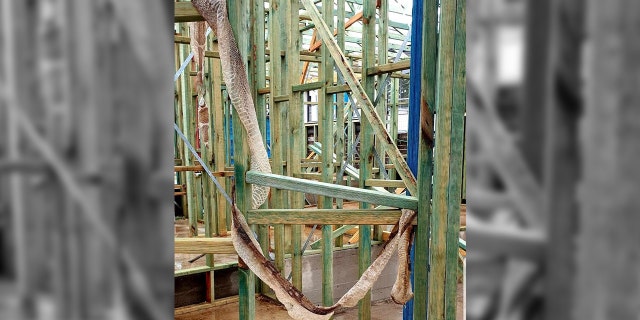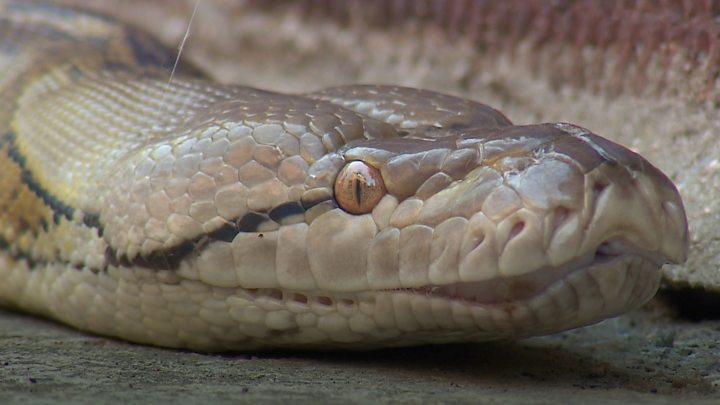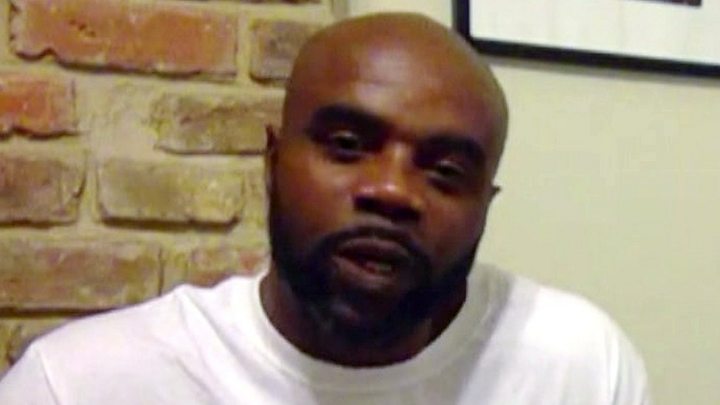Nature seemed to be siding with indigenous Australians' demand for Uluru to be respected as a sacred site on Friday when high winds threatened to prematurely end the generations-old tradition of climbing the sandstone monolith.
Rangers warned hundreds of anxious tourists who gathered at the base of the iconic rock before dawn that they would miss their last opportunity to ever scale its 1,140-foot summit unless blustery conditions subsided.
But the winds calmed and the first of around 1,000 climbers began their ascent at a chain handhold up the steep western face three hours later than scheduled. An indigenous onlooker booed them.
The ascent was permanently closed to climbers late in the afternoon, while those already on the rock had until unset to find their way down. A potential medical problem was reported with a climber but authorities could not immediately provide details.
Tourists climb the sandstone monolith called Uluru that dominates Australia's arid center at Uluru-Kata Tjuta National Park, Friday, Oct. 25, 2019, the last day climbing is allowed.
(AAP via AP)
Janet Ishikawa flew from her Hawaiian home to central Australia to make the climb on the final possible day. She likened the Uluru controversy to a furor over plans to build a giant telescope on Hawaii's highest peak, which protesters consider sacred.
"It's a total overreaction. All of a sudden they want to take ownership of all this stuff," Ishikawa said. "They say you shouldn't climb because of all this sacred stuff. I can still respect it and climb it."
CHRIS THE SHEEP, KNOWN FOR WORLD-RECORD AMOUNT OF WOOL, DIES IN AUSTRALIA
The ban was a unanimous decision made two years ago by 12 members of the Uluru-Kata Tjuta National Park Board of Management. But it's an outcome that has divided both indigenous Australians as well as the wider world.
The polarity of opinions has been highlighted in recent months as thousands of visitors converged on one of Australia's most famous landmarks to make a final trek to the top. Tourists have been illegally camping on roadsides for miles because the local camping ground and accommodation were booked.
Sammy Wilson, who chaired the board that banned the climb, described the prohibition as a cause for celebration. Wilson is member of the Anangu tribe who are Uluru's traditional owners.
"If I travel to another country and there is a sacred site, an area of restricted access, I don't enter or climb it, I respect it," Wilson said. "It is the same here for Anangu. We welcome tourists here. We are not stopping tourism, just this activity."
Tourists line up waiting to climb the sandstone monolith called Uluru that dominates Australia's arid center at Uluru-Kata Tjuta National Park, Friday, Oct. 25, 2019, the last day climbing is allowed.
(AAP via AP)
There has long been tension within the indigenous population around the money that climbers bring and the rock's significance as a sacred site.
"I am happy and sad, two ways," said Kevin Cooley, a resident of the Mutitjulu indigenous community in the rock's shadow who collects the Uluru tourists' garbage. He fears that tourist numbers and the local economy will decline.
The biggest drop in foreign visitors could be the Japanese who have proven to be the most committed climbers. Signs around the rock have long discouraged climbing, describing Uluru as a "place of great knowledge" and noting that Anangu traditional law prohibits climbing.
MISSING AUSTRALIAN WOMAN FOUND IN OUTBACK AFTER 'SOS' MESSAGE SPOTTED ON SECURITY CAMERA
The proportion of visitors who climb has been steadily declining, with more than four in five respecting the Anangu's wishes in recent years.
The Anangu refer to tourists as "munga," or ants. The analogy was clearest in recent weeks with queues forming long before the climb opens at 7 a.m. each day at the base of the rock's steep western face. From there, an eclectic mix of climbers begin their ascents in narrow columns.
Prominent indigenous academic Marcia Langton reacted to the stream of climbers with a tweet: "A curse will fall on all of them."
"They will remember how they defiled this sacred place until they die & history will record their contempt for Aboriginal culture," Langton added.
At least 37 climbers have died, mostly from medical events, since 1948, when the first road was built in the hope of attracting tourists. Every death causes the Anangu anguish.<br data-cke-eol="1">
Minister for Indigenous Australians Ken Wyatt said he was disappointed by the final rush to climb the rock, which is renowned for its changing colors with the seasons and the time of day.
"It would be equivalent to having a rush of people climbing over the Australian War Memorial, if I can be so brazen in that regard, because sacred objects, community by community, are absolutely important in the story of that nation of people," said Wyatt, who is indigenous.
Reaching the rock doesn't guarantee the summit is attainable. Climbing is often canceled at short notice because of high winds or heat.
At least 37 climbers have died, mostly from medical events, since 1948, when the first road was built in the hope of attracting tourists. Every death causes the Anangu anguish.
Denying climbers access to the World Heritage-listed landform is part of an evolution of the Australian narrative since British colonization that has traditionally edited out the original inhabitants.
While the rock had been known as Uluru for thousands of years, British-born explorer William Gosse was credited with discovering it in 1873 and named it Ayers Rock after the then-premier of the British colony of South Australia, Sir Henry Ayers.
BOA CONSTRICTOR 'AT LARGE' IN AUSTRALIAN TOWN, 'FRESHLY SHED' SKIN DISCOVERED
In 1993, it became the first official dual-named feature in the Northern Territory when it was renamed "Ayers Rock / Uluru." The order of the names was reversed a decade later at the request of regional tourism operators.
But the tourist accommodation nearest Uluru retains the name Ayers Rock Resort, in deference to the monetary value of the international brand recognition that has built up around it.
The date of the closure is also significant in the history of restored indigenous influence in the region. Saturday — the day from when climbing becomes punishable by a 6,300 Australian dollar ($4,300) fine — marks 34 years since the federal government gave the Anangu the land title to the national park in which Uluru stands.
The traditional owners immediately returned the park to the government under a 99-year lease on condition that the park is jointly run by a board with a majority of Anangu members.
Grant Hunt, chief executive of Ayres Rock Resort operator Voyages Indigenous Tourism Australia, dismissed predictions of a significant decline in tourism. He said bookings in November after the climb's closure were at a record high, with around 95% occupancy booked for the first three weeks.
"The traveling public have become much more culturally mature than they were 20 years ago," Hunt said. "Most people expect this and in fact want it to happen."
CLICK HERE FOR THE FOX NEWS APP
"There's a minority who still don't, of course, and you always get that with any decision, but certainly our research and feedback says about 80% of people are supportive of the climb closing," he added.
Let's block ads! (Why?)
https://www.foxnews.com/world/australia-uluru-final-climb-sacred-site
2019-10-25 11:28:01Z
52780418284229
